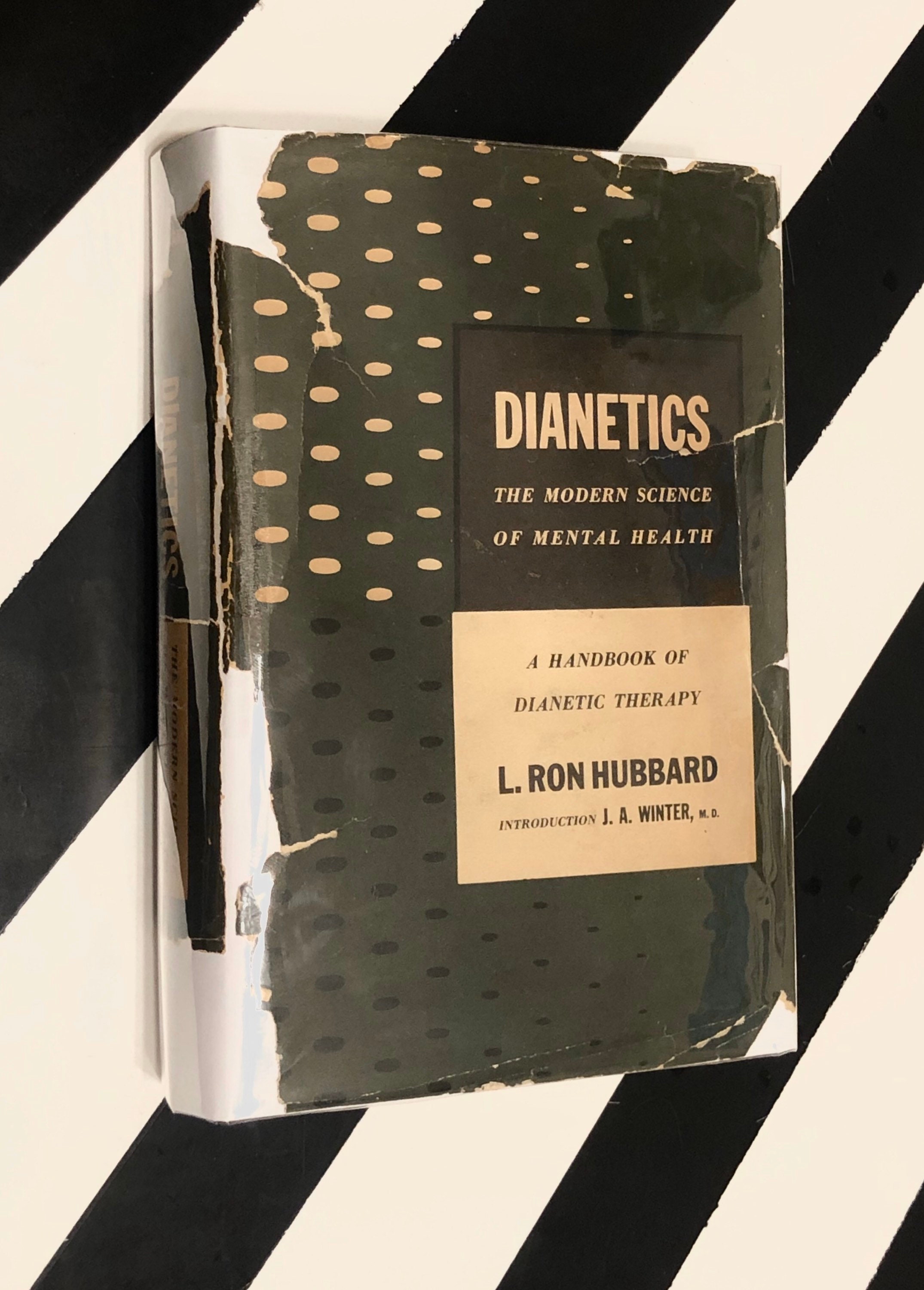The Dianetics Diaries
Wiki Article
What Does Dianetics Do?
Table of ContentsGet This Report about DianeticsThe Dianetics StatementsThe Greatest Guide To DianeticsDianetics Fundamentals Explained
I couldn't ever not intend to receive anything that enters your mind for you- if it was otherwise, I would not be sitting right here with you, doing this. I not just could never ever have an issue, or otherwise intend to listen to something that enters your mind for you, but I'm entirely anxious to recognize every idea, every thought, every image or sensation that arises or materializes for you- do not ever think otherwise, and if somehow you do, please simply allow me recognize! Often, you might have a thought, and photo, concept or occurrence appear that does not appear to address the concern, or associate with it, but nevertheless, always do inform me regarding it, and as we continue, the significance will emerge for you.This is inherent in the basis of processing, and the topic of this discussion: the standard functions of the therapist and the client: The basic role of the counselor is, as opposed to "common training", not to regulate, which indicates to implement and/or hinder, however to rather function from the basis of EMPOWERING THE CUSTOMER.

The smart Trick of Dianetics That Nobody is Discussing
John Mcmasters shared this basic fact wonderfully well in one of his lectures on Power handling, wherein he explains just how he was asked what this "special propensity" was that he had for providing such terrific sessions; he had to consider that for a moment, and identified that it was what he wasn't doing, in addition to what he was doing: he had not been reviewing, evaluating, computer, or as a matter of fact, creating any kind of thoughts, allow alone spoken expressions, after offering the command and while waiting on the computer to finish their solution to their contentment; he was, merely and just, being present with the computer, and entirely interested.The duty of the therapist, showed; that was his "special knack". I have had my own experience which instructed me this well, really at an early stage in the game. In 1982, having actually just recently completed my training and internship on New Age Dianetics, I was running this on a PC, and there was a point in the session where (being a bit damp behind the ears not yet having many hours under my belt as a specialist auditor) the computer seemed to be "taking also long" to reveal anything vocally after I provided him a command.
This trick ended up being one of the most beneficial contribution that John ever before made to the topic of treatment or auditing (Dianetics). In my modest viewpoint, it is the biggest payment that Source any individual has ever made to these subjectsthe application is totally non-judgemental, non-evaluative, and empty of any type of idea, suggestions or opinion.no preconditioned schedule for individuals, or 'degrees' that they have to do
In Idenics, the only source of info concerning a customer is the individual customer. In Scientology we prided ourselves on not evaluating for people. Yet all that actually indicated was that the auditor did not my latest blog post vocally examine for the PC in session. The registrars and principles policemans assessed for the PC.
Not known Details About Dianetics

Any person that had ever before seen John audit can not help however observe a special top quality in his auditing."The customer's basic role is to be there with the objective of relocating the direction of their spiritual helpful site goals, and to freely and completely reveal and experience whatever shows up for them in answering the concerns and executing the guidelines in the handling.
This is something to procedure as required. But also, people frequently have previous experience and/or brainwashing in auditing/processing which, somehow, and to some extent, actually misinforms them into mindsets, ideas and habits patterns that avoid the full realization of these roles, and so they will tend to hinder the expressing of what enters your mind, as in the instances offered above. * The very first, and perhaps foremost examples of mis-indoctrination bring about less than totally smooth and reliable sessions, can be found in certain facets of the training regimens, or "TR's":"TR's" are frequently a person's first, or a minimum of early, experience in Scientology, and while I will take place to discuss what I view as the flaws in principle and method, nonetheless, tend to be considerably healing, done as they are given (Hubbard firmly insists that "TR's are not refining, they are training", but factually, they are both processing AND training)
There is no "failing", and no denial of the reality of this being processing. The focus, as it must be, is on experiencing the other person's existence.
What Does Dianetics Do?

Report this wiki page